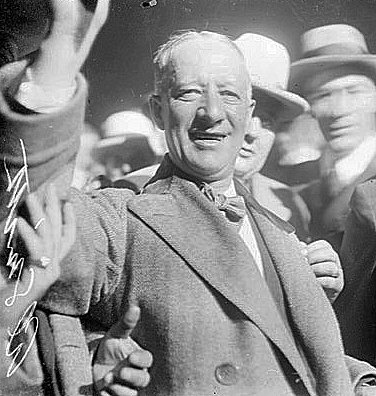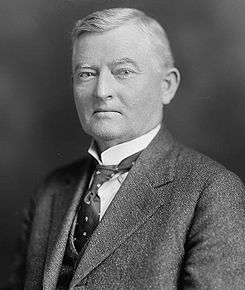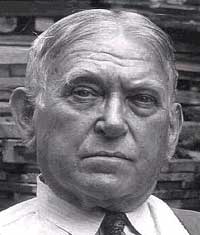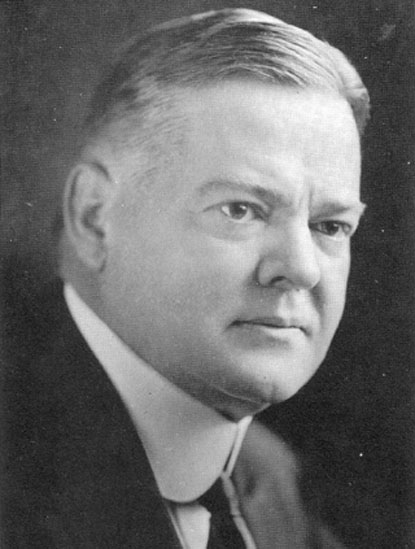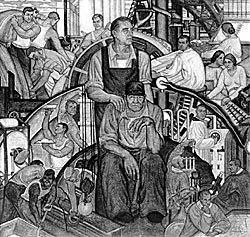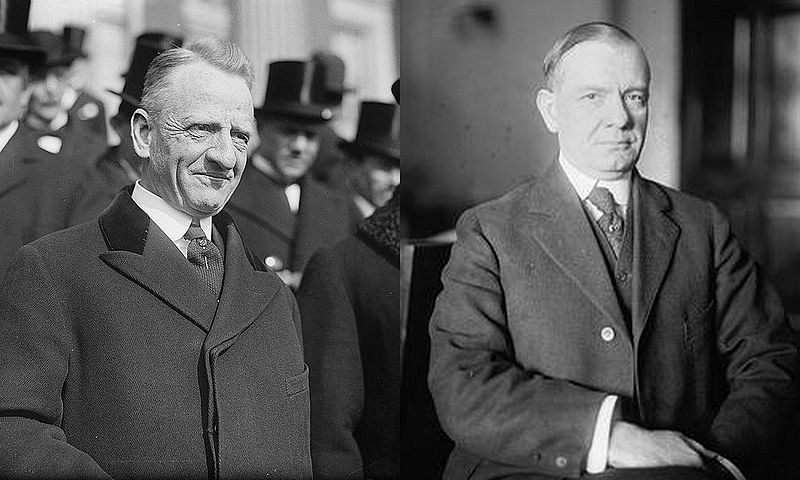Chapter One
Jim Farley stirred around the ice at the bottom of his glass. It was just barely empty, with the amber hue of the bourbon still visible. The ice had started to melt and the flavor was gone. Farley stood up and tossed out the old ice and alcohol. He walked over to the old brown dresser. Opening the cabinets he reached for his favorite old Kentucky bourbon. The glass was crystal-like, and contoured nicely to the palm of his hand. He twisted off the old top and poured himself a second glass. The liquor smoothly fell over top of the ice, just barely splashing. Farley took a sip and smiled.
Just as he was settling back into his cozy seat, a knock was heard on the hotel room door. Farley put down his drink and got up. His smile had turned back into a frown. He knew that his moment of relaxation was over. Now it was back to business. The man at the door was an old friend, Joe Kennedy. A Boston Irishman, Kennedy had done everything possible to stay rich during the Depression. For that Farley had to admire him, even though they had two very different ideas of ethics and morality. Kennedy came in with a beaming smile and hugged his old friend.
“Jim, it’s been too long.”
“It sure has Joe. But I’m glad you’re here.”
“Yeah I heard you were having some trouble closing the deal. I figured that when you called me.”
“You’re right. For all the help of Cermak, we still haven’t been able to hit two-thirds yet. The Texas son-of-a-bitch is still holding on. I think it’s ridiculous that he doesn’t just realize he’s a dead man and get on with loosing.”
“Well Jim you know damn well it’s not Jack Garner who’s running for President. It’s Hearst and McAdoo. They couldn’t get the nomination when they ran themselves, so they’re trying to get the Speaker the top spot. Quite frankly it doesn’t matter who gets the nomination; Hoover’s a goner.”
“Maybe so Joe, but Al’s the only one here who can get this country out of the mess it’s in. Garner’s too afraid to push any buttons. He’ll just raise taxes, pass a bank bill, and that’ll be it. Byrd, Murray, and Richie are all the same. Old fashioned Good Ole Boys from the South. No understanding of economics or how to pull this country out of the shitter.”
“What about Traylor or White?”
Kennedy laughed to himself as he stood up to pour himself a drink.
“May I?” he asked to his old friend. The two had met at the 1928 Convention and had stayed close ever since.
“Of course Joe. Considering that this is your stuff, you don’t even have to ask.”
Kennedy sat back down on the hotel bed, drink in hand, facing Farley.”
“Well Jim it appears as though we only have one option.”
“Yup. Al Smith’s gotta be the nominee if this party and this country ever want to see the light of day again.”
